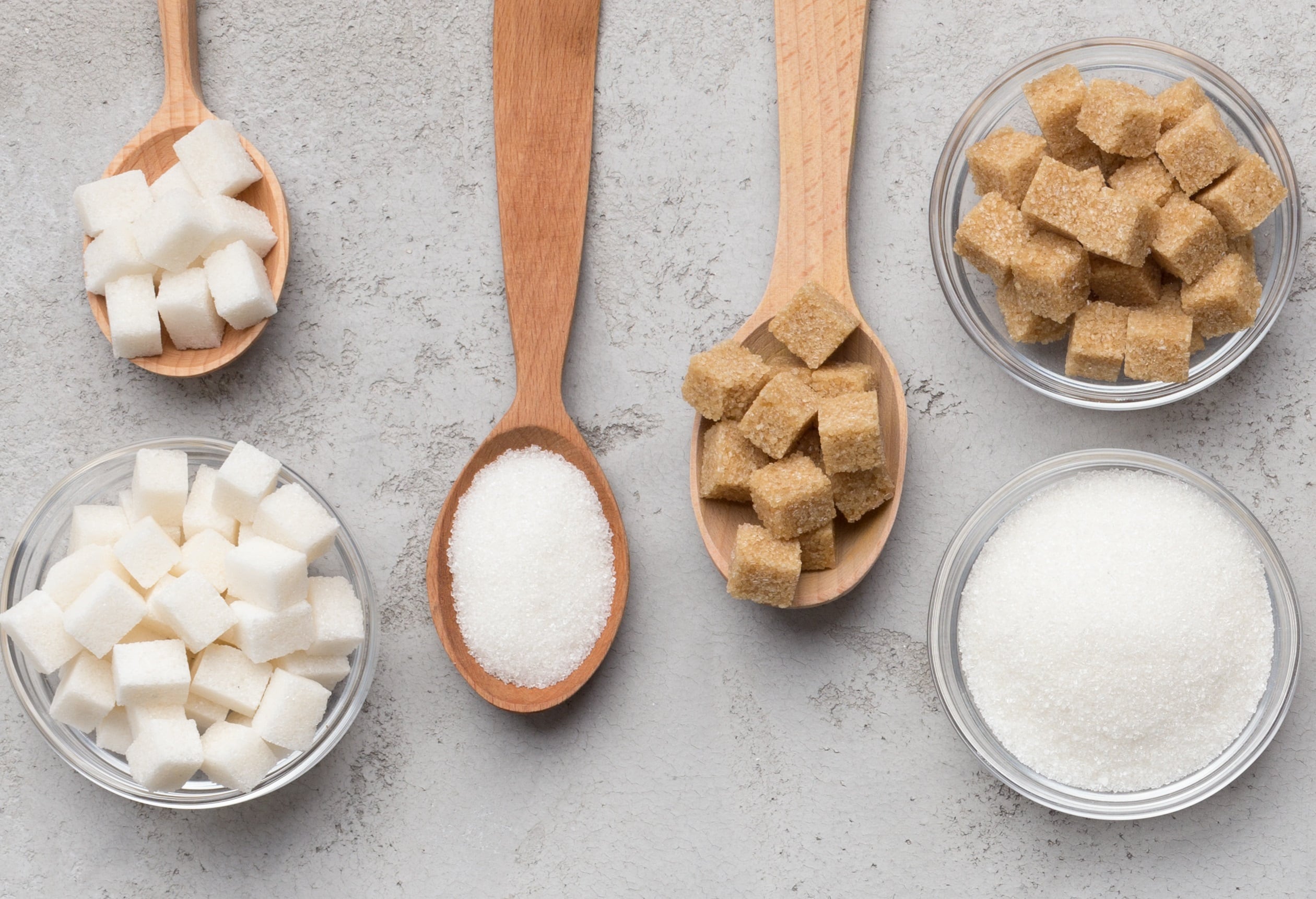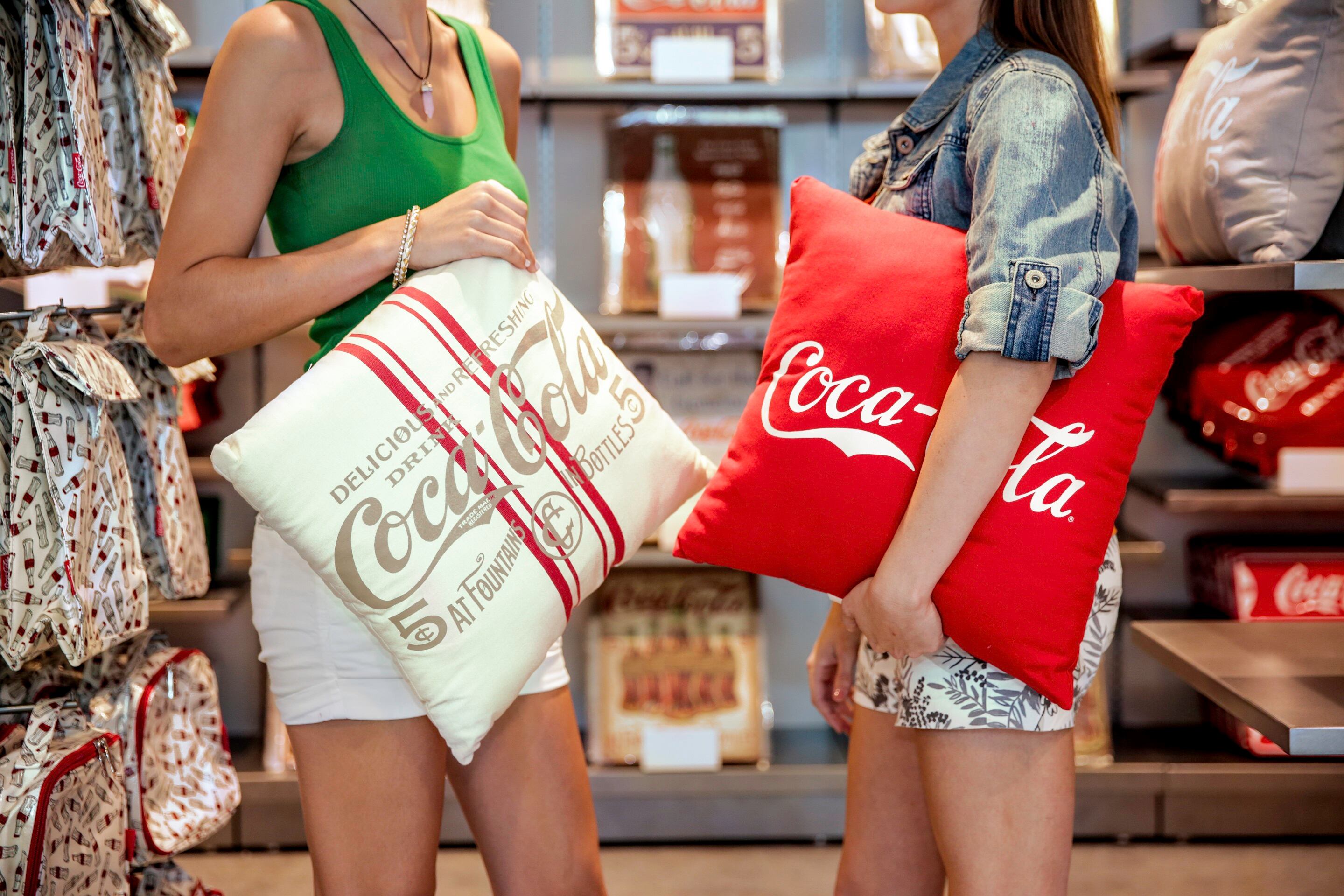Mintel’s Global New Products Database shows that 5% of European drinks launches in 2014 used the claim ‘no added sugar’, while 2% used ‘sugar-free’ and 1% made an association with low or reduced sugar. And in 2019, sugar reduction claims have continued to grow: 6% of drinks launches used the claim ‘no added sugar’, while 4% used the claim sugar-free and 2% used low or reduced sugar.
And this is also seen in food launches: with 4% using a no added sugar claim, 1% using sugar free, and 2% using low or reduced sugar in 2019.
The ‘no added sugar’ claim can help play into clean label and natural trends, with consumers associating a lack of added sugar with a lack of processed, refined sugar.
Does less sugar mean more artificial ingredients?
The nuances between ‘no added sugar’, ‘sugar-free’, ‘reduced sugar’ and ‘low sugar’ are not missed by consumers – even if they base their judgements on perception rather than facts.
And this means that what might once have been a straight-forward claim on pack can be interpreted in varying ways. A classic example is that of sugar vs sweeteners: with consumers not always sure that taking out sugar is a good thing if other ingredients are being added.
“Consumers often believe that sugar reduction means increasing artificial ingredients,” said Emma Schofield, senior analyst, global food science at Mintel, speaking at FIE in Paris this month. “So sometimes sugar free, no sugar, low or reduced sugar – consumers believe sugar is taken out and other ingredients put in, and that brings a lot of uncertainty.
“So where sugar reduction is concerned, there's opportunities to help consumers understand what’s been taken out, what’s being replaced, and raising the profile of ingredients to help build familiarity with ingredients and educate them about ingredients.”
The increased use of 'no added sugar' as a claim could be an indicator as to the importance consumers place on clean label products and those with a natural image.
“We’re definitely starting to see 'no added sugar' as a claim - even though it potentially could be misleading - really featuring quite highly on consumers’ agenda.
“Often it can be because they have a bad image of refined white sugar, they think it’s heavily processed, and therefore think that no added sugar is natural rather than because it contains less sugar from a nutritional perspective.”
There’s an opportunity, therefore, to build the concept of ‘natural’ into products containing sugar. Nestle, for example, revealed a chocolate in June made without adding refined sugar – drawing on the sweetness of the cocoa fruit instead. Barry Callebaut, meanwhile, will release its WholeFruit chocolate – made from 100% pure cacaofruit – in May 2020: which it says contains 40% less sugar than most dark and milk chocolates as well as being rich in fibre (around 90% more) and protein (25% more).
NPD: How should products tackle sugar reduction?
Sugar continues to be consumers’ top concern across food and beverage when compared to other factors such as fat and salt (according to Mintel’s 2018 survey across France, Germany, Spain and Poland).
In both food and beverages, the question is often whether to launch a reduced sugar version of an existing product; slowly reduce the sugar in the original variety; or engage in NPD and create a new line or brand entirely.
“There’s lots of different strategies to take, depending on the category or occasion and perhaps the frequency in which the product is consumed," said Schofield.
"Consumers might accept taste sacrifices in categories like breakfast cereals and yogurt drinks where they look for healthy products, whereas they might not be very accepting of taste changes in, say, chocolate bars or cakes and ice cream where it’s all about taste and the eating occasion.”



